We have selected 22 basic questions about prostatitis and its treatment. All answers are written by our top andrologist, andrologist. We hope that this article will help you and give you the necessary answers to your questions.
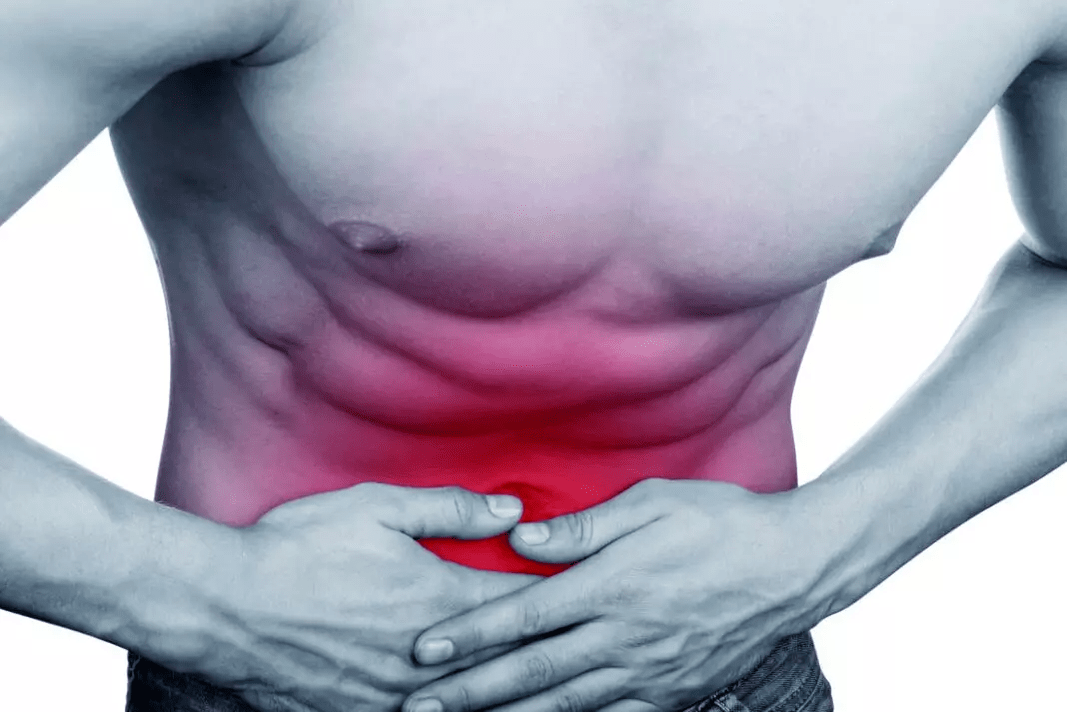
Symptoms of prostatitis: pain, burning, discharge, stinging, incontinence
The symptoms of prostatitis are usually of 3 types:
- Violation of urination: difficult, frequent, nocturnal urination.
- pain symptoms: pain in the perineum, lower abdomen, groin. The pain may radiate to the scrotum or sacrum.
- mixed form, in which there are urinary disorders and pain.
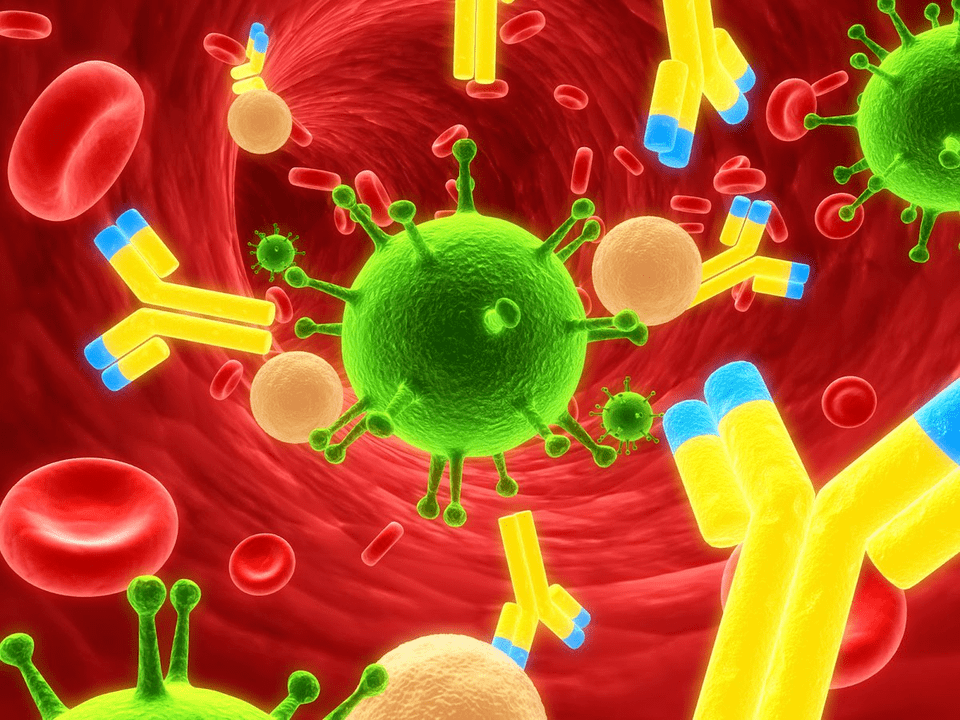
What causes prostatitis?
With bacterial prostatitis
Infection enters the prostate gland from neighboring organs:
- urethra;
- Cyst
- through the blood and lymph vessels from a distant inflammatory site (tonsillitis, sinusitis, caries).
The most common bacteria detected in prostatitis are: Escherichia coli, Klebsiella, Proteus, Staphylococcus aureus, Enterococcus.
The role of sexually transmitted infections is discussed: chlamydia, mycoplasma, hair follicles.
The activity and, consequently, the manifestation of the inflammatory process depends on the properties of the microorganism, the condition of the pelvic organs, their blood circulation, the consequent diseases and other predisposing factors.
With non-bacterial prostatitis
Stagnation plays an important role. Violation of blood flow causes swelling, exudation of prostate tissue and creates conditions for the development of an inflammatory process that is not related to a bacterial agent.
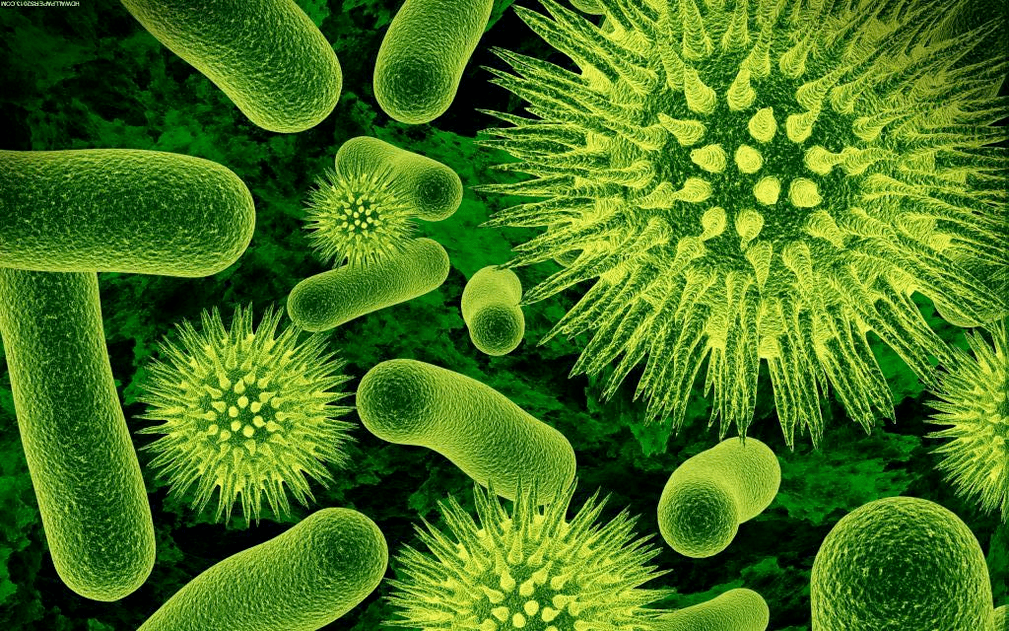
STDs and prostatitis
The issue of the involvement of sexually transmitted infections in the development of prostatitis is widely discussed in scientific medical circles. There is no consensus on this issue.
We consider ourselves advocates of the direct link between infections, the onset and progression of prostatitis.
Why is prostatitis dangerous?
Prostatitis is not a threat to the patient's life, the process is chronic and worsens the quality of life.
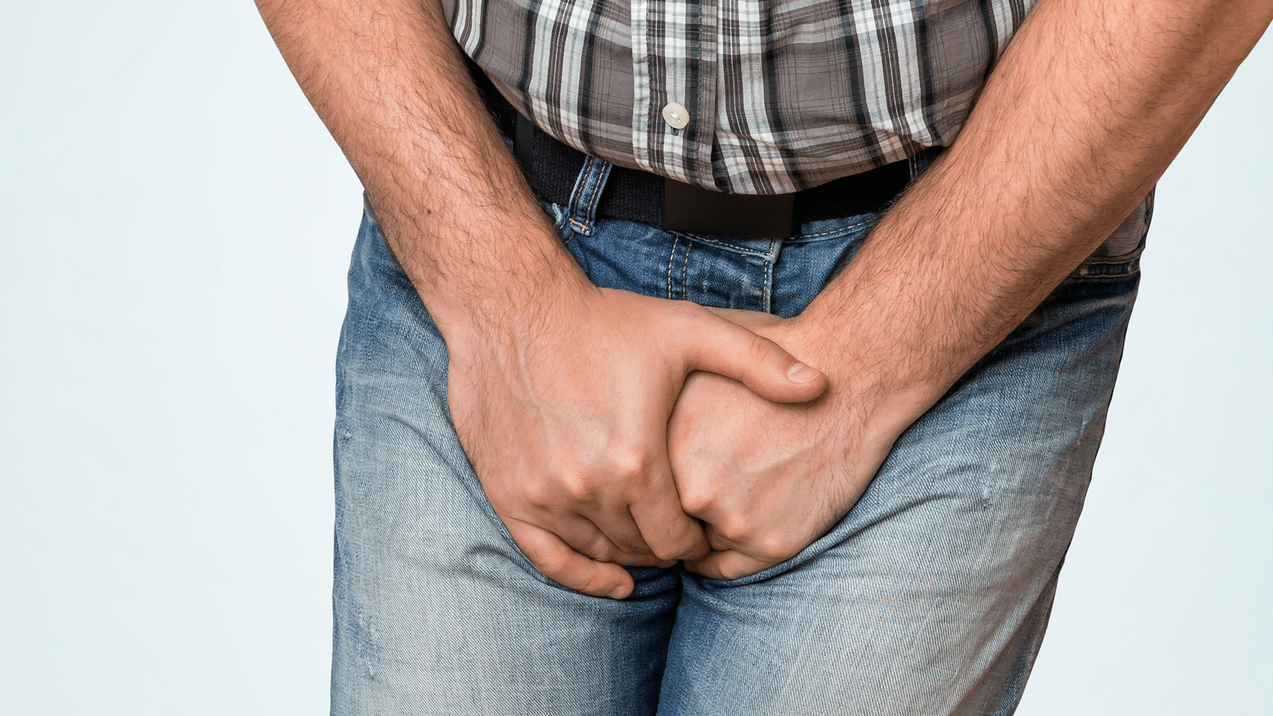
Onset of prostatitis. How to determine? First signs
The first signs of prostatitis are changes in the nature of urination: difficulty, frequent urination, frequent urge to urinate, especially at night. Urinary incontinence and pain of varying intensity in the groin.
Age of prostatitis? Is it a disease of the young and / or the elderly?
Prostatitis is an inflammatory disease, so it can occur at any age. But prostate adenoma or hyperplasia is an age-related disease in men over the age of 50 and is associated with the development of a benign prostate tumor.
Chronic prostatitis. Is treatment possible?
The presence of a diagnosis of chronic prostatitis implies the presence of changes in the structure of the glandular tissues, which remain for life. As with any chronic illness, prostatitis progresses to alternating periods of exacerbation and remission - a period in which the patient is not worried about anything. With proper treatment and the right lifestyle, the periods of remission can be very long and the complaints never bother the patient again.
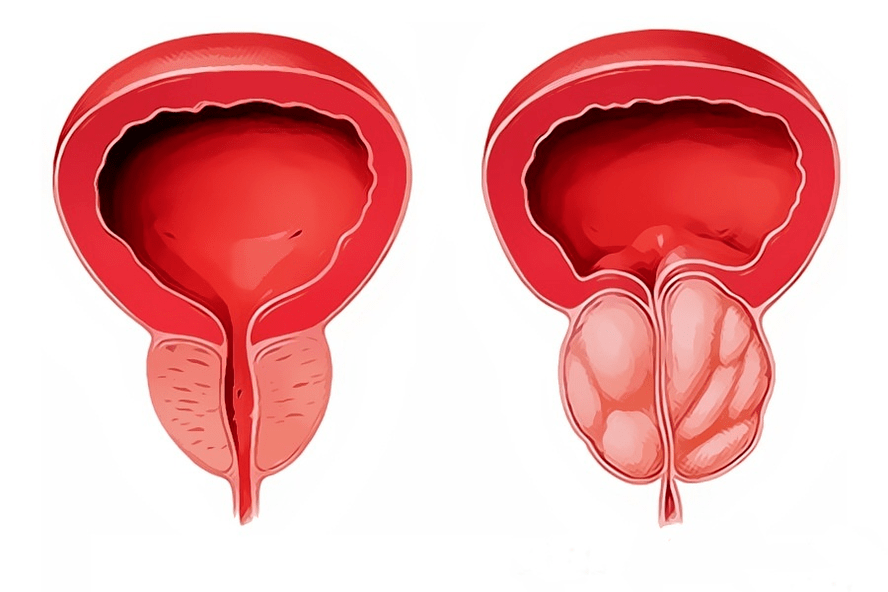
Bacterial and other types of prostatitis
There are several classifications, the most commonly used being developed by the US Institutes of Health in 1995:
- Category I.Acute prostatitis.
- Category II.Chronic bacterial prostatitis.
- Category III.Non-bacterial prostatitis / chronic pelvic pain syndrome - no obvious signs of infection and lasts 3 months or more.
- Subcategory III A.Chronic inflammatory pelvic pain syndrome (with leukocytes in prostate secretion and pathogen excretion).
- Subcategory III B.Chronic non-inflammatory pelvic pain syndrome (without leukocytes in the prostate secretion).
- Category IV.Asymptomatic prostatitis (with leukocytes in the prostate secretion, but without complaints).
For ease of understanding, the classification can be presented in 3 types:
Acute prostatitis- progresses with severe pain, fever, urinary disorders. The secret of the prostate is a large number of white blood cells, which indicates a clear inflammatory process. It usually occurs for the first time in a given patient. If these symptoms occur in a patient with chronic prostatitis, then they are referred to as an exacerbation of chronic prostatitis.
Chronic bacterial prostatitis- The symptoms that periodically bother the patient, as a rule, are less intense than in acute prostatitis. When diagnosing leukocyte growth in the prostate secretion, it is possible to identify the causative agent of inflammation.
The most problematic for the diagnosis isnon-bacterial prostatitis, or the so-calledchronic pelvic pain syndrome. . . This is because the complaints are very similar to prostatitis, but are related to diseases of other organs and systems, in which it is not possible to identify signs of inflammation and pathogenic bacteria: pelvic floor muscle spasm, reduced interaction between bladder muscles andof its sphincter, anatomical disorders - stenosis (narrowing) of the urethra, leads to inflammation due to increased pressure inside the lobes of the prostate gland.
Who treats prostatitis - andrologist or urologist?
Prostatitis is treated by both a urologist and an andrologist.
An andrologist is a urologist who specializes in male reproductive and reproductive disorders.
Methods and treatment regimens for prostatitis
All treatment regimens for the prostate gland consist of drugs:
- anti-inflammatory
- antibacterial
- biogenic stimulants
- drugs that improve the contraction of the prostate and bladder while relaxing the sphincter.
Good results are achieved with the simultaneous administration of drugs and physiotherapy (prostate massage, complexes for the treatment of prostatitis).
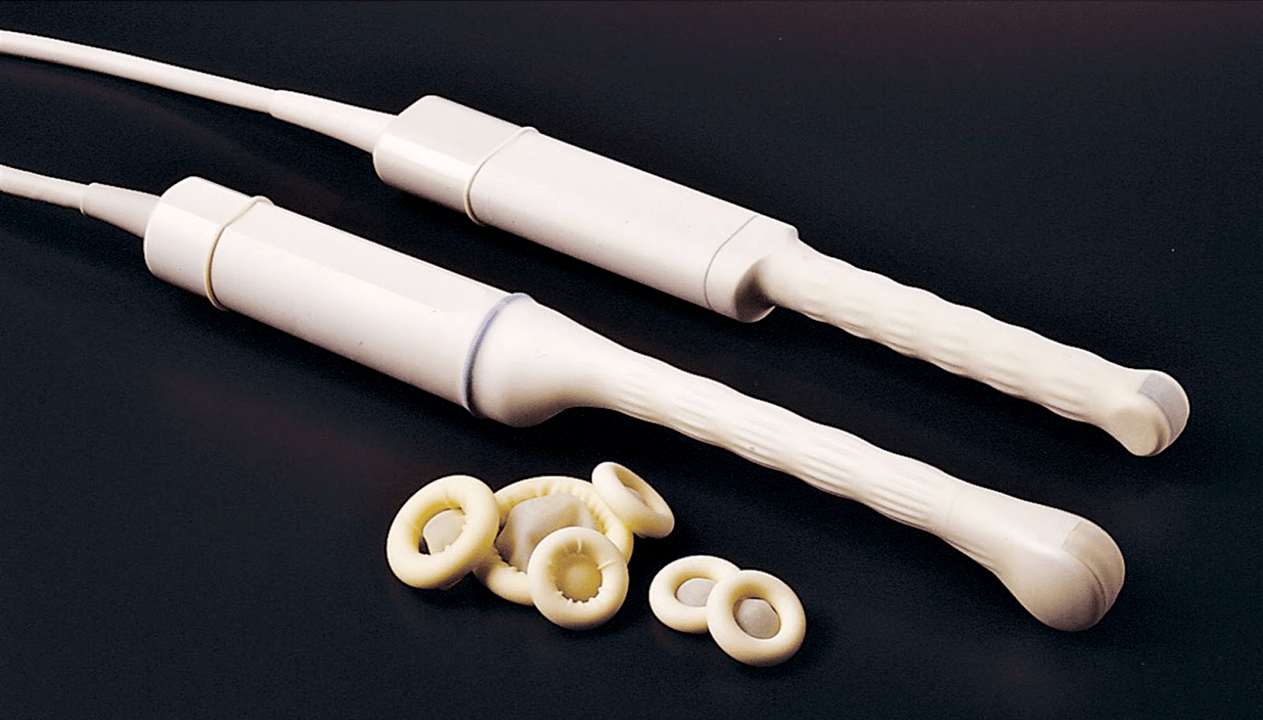
What tests are given for prostatitis?
Fordiagnosis of prostatitisA urologist (andrologist) should be consulted to collect patient complaints, medical history, microscopy of prostate secretions, and ultrasound diagnostics.
For diagnostics, transrectal prostate gland (TRUS) ultrasound and prostate secretions obtained after prostate massage are used for microscopic examination.
In addition, sowing of prostate secretion in the bacterial flora can be used to determine the susceptibility of the sown microflora to antibiotics.
Surgery and surgeries for prostatitis
With prostatitis, surgeries are practically not used. With the exception of the prostate abscess - a process in which foci with purulent contents are formed.
Is it possible to cure prostatitis on your own?
In case of severe symptoms, it is better to be treated by a specialist, the time factor plays a big role in the treatment, as the longer the inflammation lasts, the more likely it is to be irreversible changes in the organ.
But it is better to do the prevention yourself, no doctor will do it for you.
Avoid hypothermia, congestion during prolonged sitting, sexually transmitted infections, irregular sexual activity - these are all ways to effectively prevent prostatitis.
Drugs for prostatitis: finalgon, vitaprost, prostamol, ceftriaxone, doxycycline, omnix and others
Drugs for the treatment of prostatitis are divided into groups according to the mechanism of action:
Antibacterial agents (antibiotics)are prescribed only if there is a diagnosis: chronic bacterial prostatitis. The most commonly used fluoroquinolones, macrolides and the doxycycline group of drugs.
Alpha blockers:are prescribed to restore reduced urination, increasing the contraction of the bladder and relaxing its extruder.
Big teambiogenic stimulants and herbal preparations: candles.
Effective treatment is only possible with proper diagnosis, as there are no universal remedies for all types of prostatitis. Patients often take medications to treat prostatitis if they have a completely different disease but with similar symptoms.

Nuts, roots, parsley, cucumber, honey, beeswax, leeches and other folk remedies for prostatitis
Traditional methods of treatment have a right to exist, but you must understand that it is very difficult to choose a folk method that suits you. Upon request, the search engine gives 70 million results for the treatment of prostatitis with folk methods.
No one has researched popular methods for effectiveness. Just because you helped a patient with such a treatment (and if it helped) does not mean that it will help you.
Worsening of prostatitis after treatment. Recession, relapse
All chronic inflammatory processes have periods of exacerbation and remission, when the patient is not worried about anything. The duration of remission can vary and depends on many factors, including whether the patient is undergoing prophylactic treatment. Patients who receive periodic preventive treatment without expecting a deterioration in well-being tend to have rarer exacerbations.
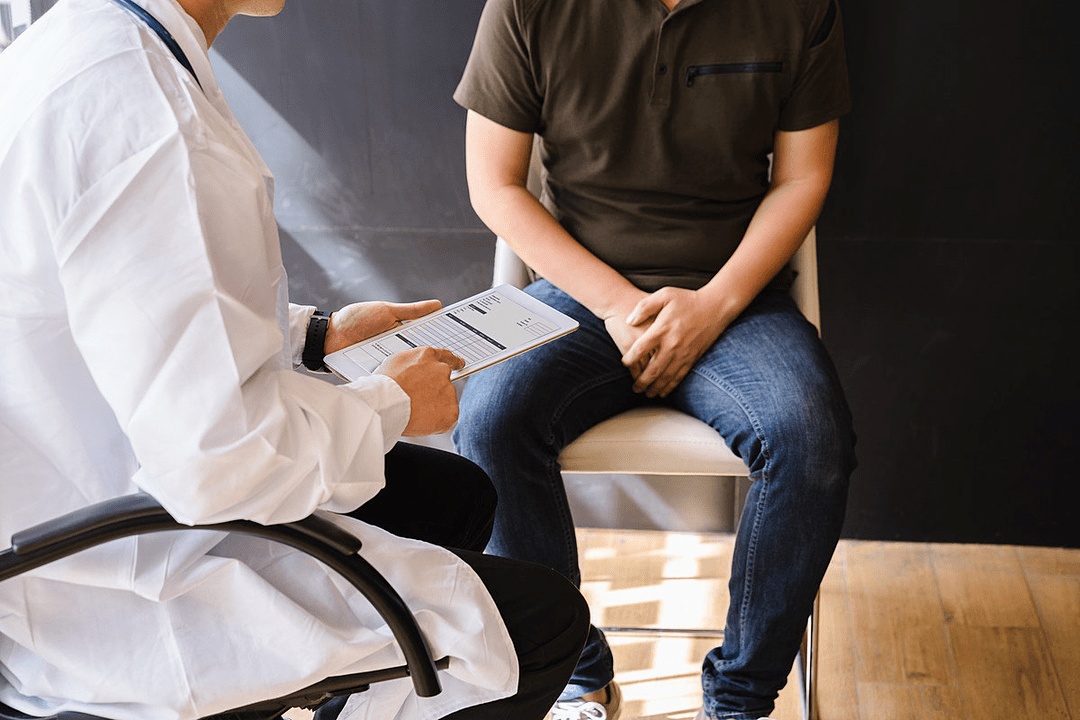
Prostate massage at home. Is massage always necessary for prostatitis?
Prostate massage can also be done at home if you are married to a urology nurse. Every medical procedure has its own subtleties and nuances. Only a doctor can determine the indications for this procedure, therefore for certain diseases: prostate adenoma (presence of acute urinary retention), prostate massage is not desirable and in case of tumors, is contraindicated.
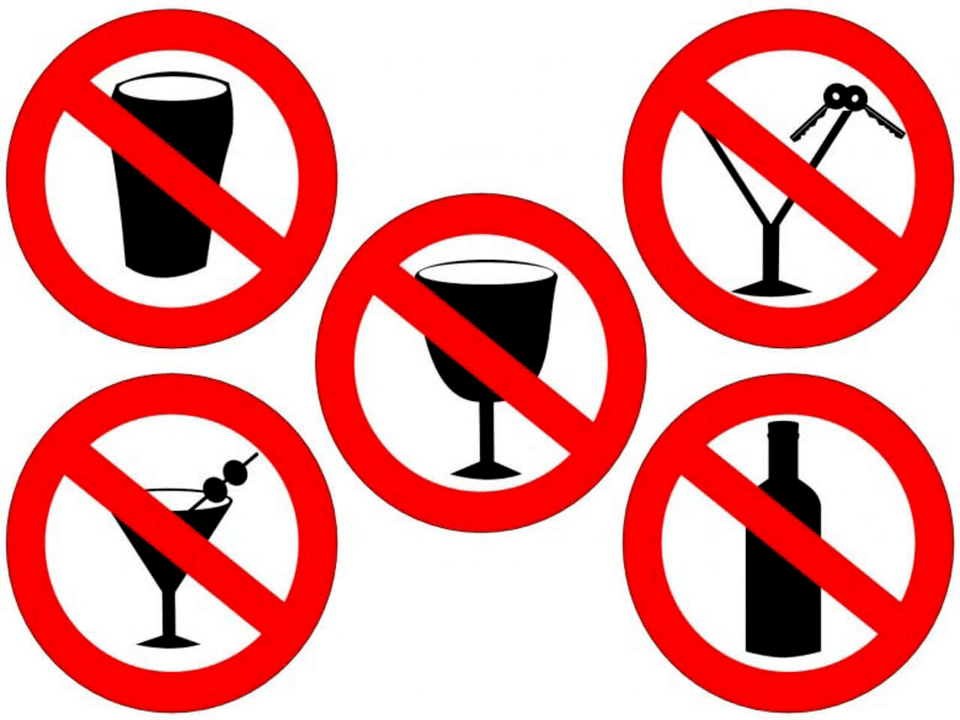
Alcohol and prostatitis
Alcohol, by itself, does not cause the development of prostatitis, but is a factor that increases the congestion and swelling of the prostate gland and, therefore, contributes to its development.
Sex life and prostatitis
There is a direct relationship between the intensity of sexual activity and prostate disease. With prolonged abstinence from the prostate, stagnation occurs, which worsens metabolic processes and disrupts the microcirculation of the blood, contributing to the development of inflammatory processes. Regularity is more important for prostate health than the intensity of sexual intercourse. Excessive sexual intercourse, especially with different partners and unprotected from infections, is the fastest way to prostatitis.

Does prostatitis affect women?
Of course, there is an effect on the health of a woman with prostatitis in a partner. The prostate, along with the seminal vesicles, produces a liquid component of the sperm, which, during sexual intercourse, enters the genital tract of the partner. The main risk may be the presence of a sexually transmitted infection or bacterial prostatitis, which can cause inflammatory diseases in a woman.
Pregnancy and prostatitis
Because the prostate gland produces a moist part of the sperm that contains nutrients for the sperm, prostatitis often causes a decrease in sperm quality, which makes pregnancy difficult.

Prevention. What can you do to prevent prostatitis?
Prevention is directly related to the patient's climate and occupation.
Prevention of prostatitis is about avoiding and minimizing the factors that contribute to the development of prostatitis. It is necessary to avoid hypothermia, to alternate sedentary work with periods of physical activity. Regular sex life is important for prostatitis.


























